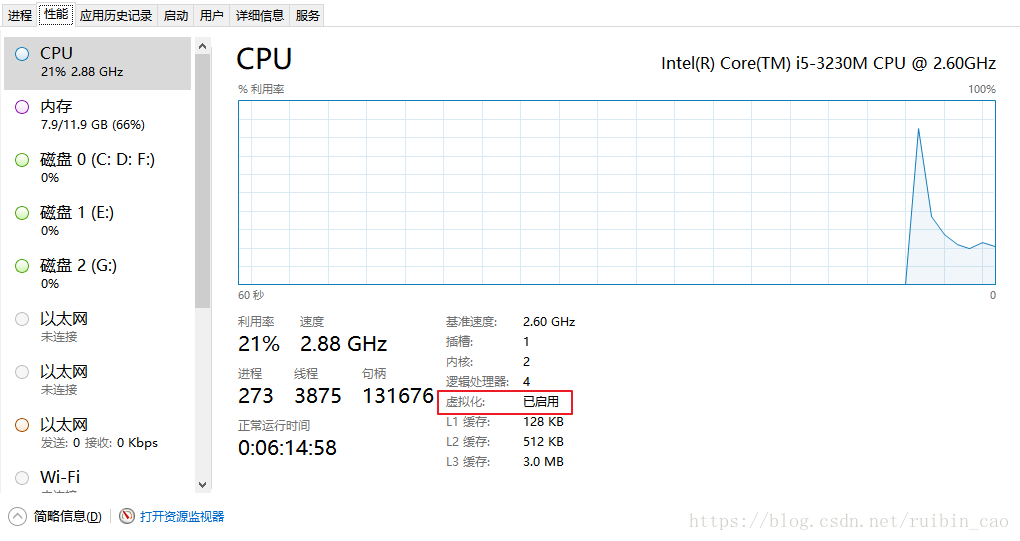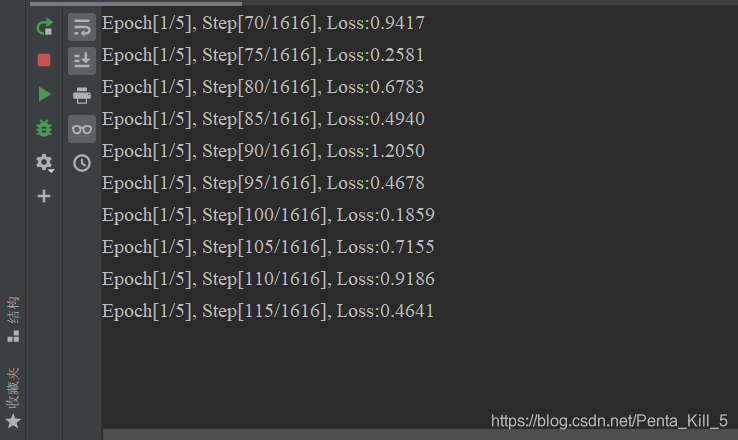Create a new rabbitmq server script in the/etc/init. D directory
In the script, you need to modify Erlang path, daemon, control, init in path_LOG_Dir and PID_File parameter
#!/bin/sh
#
# rabbitmq-server RabbitMQ broker
#
# chkconfig: - 80 05
# description: Enable AMQP service provided by RabbitMQ
#
### BEGIN INIT INFO
# Provides: rabbitmq-server
# Required-Start: $remote_fs $network
# Required-Stop: $remote_fs $network
# Description: RabbitMQ broker
# Short-Description: Enable AMQP service provided by RabbitMQ broker
### END INIT INFO
# Source function library.
. /etc/init.d/functions
export HOME=/root
PATH=/sbin:/usr/sbin:/bin:/usr/bin:/usr/local/erlang/bin
NAME=rabbitmq-server
#DAEMON=/usr/local/rabbitmq/rabbitmq_server-3.8.17/sbin/${NAME}
#CONTROL=/usr/local/rabbitmq/rabbitmq_server-3.8.17/sbin/rabbitmqctl
DAEMON=/usr/local/rabbitmq/rabbitmq_server-3.8.17/sbin/${NAME}
CONTROL=/usr/local/rabbitmq/rabbitmq_server-3.8.17/sbin/rabbitmqctl
DESC=rabbitmq-server
USER=root
ROTATE_SUFFIX=
INIT_LOG_DIR=/usr/local/rabbitmq/rabbitmq_server-3.8.17/var/log/rabbitmq
PID_FILE=/usr/local/rabbitmq/rabbitmq_server-3.8.17/var/run/rabbitmq/pid
START_PROG="daemon"
LOCK_FILE=/var/lock/subsys/$NAME
test -x $DAEMON || exit 0
test -x $CONTROL || exit 0
RETVAL=0
set -e
[ -f /etc/default/${NAME} ] && . /etc/default/${NAME}
ensure_pid_dir () {
PID_DIR=`dirname ${PID_FILE}`
if [ ! -d ${PID_DIR} ] ; then
mkdir -p ${PID_DIR}
chown -R ${USER}:${USER} ${PID_DIR}
chmod 755 ${PID_DIR}
fi
}
remove_pid () {
rm -f ${PID_FILE}
rmdir `dirname ${PID_FILE}` || :
}
start_rabbitmq () {
status_rabbitmq quiet
if [ $RETVAL = 0 ] ; then
echo RabbitMQ is currently running
else
RETVAL=0
ensure_pid_dir
set +e
RABBITMQ_PID_FILE=$PID_FILE $START_PROG $DAEMON \
> "${INIT_LOG_DIR}/startup_log" \
2> "${INIT_LOG_DIR}/startup_err" \
0<&- &
$CONTROL wait $PID_FILE >/dev/null 2>&1
RETVAL=$?
set -e
case "$RETVAL" in
0)
echo SUCCESS
if [ -n "$LOCK_FILE" ] ; then
touch $LOCK_FILE
fi
;;
*)
remove_pid
echo FAILED - check ${INIT_LOG_DIR}/startup_\{log, _err\}
RETVAL=1
;;
esac
fi
}
stop_rabbitmq () {
status_rabbitmq quiet
if [ $RETVAL = 0 ] ; then
set +e
$CONTROL stop ${PID_FILE} > ${INIT_LOG_DIR}/shutdown_log 2> ${INIT_LOG_DIR}/shutdown_err
RETVAL=$?
set -e
if [ $RETVAL = 0 ] ; then
remove_pid
if [ -n "$LOCK_FILE" ] ; then
rm -f $LOCK_FILE
fi
else
echo FAILED - check ${INIT_LOG_DIR}/shutdown_log, _err
fi
else
echo RabbitMQ is not running
RETVAL=0
fi
}
status_rabbitmq() {
set +e
if [ "$1" != "quiet" ] ; then
$CONTROL status 2>&1
else
$CONTROL status > /dev/null 2>&1
fi
if [ $?!= 0 ] ; then
RETVAL=3
fi
set -e
}
rotate_logs_rabbitmq() {
set +e
$CONTROL rotate_logs ${ROTATE_SUFFIX}
if [ $?!= 0 ] ; then
RETVAL=1
fi
set -e
}
restart_running_rabbitmq () {
status_rabbitmq quiet
if [ $RETVAL = 0 ] ; then
restart_rabbitmq
else
echo RabbitMQ is not runnning
RETVAL=0
fi
}
restart_rabbitmq() {
stop_rabbitmq
start_rabbitmq
}
case "$1" in
start)
echo -n "Starting $DESC: "
start_rabbitmq
echo "$NAME."
;;
stop)
echo -n "Stopping $DESC: "
stop_rabbitmq
echo "$NAME."
;;
status)
status_rabbitmq
;;
rotate-logs)
echo -n "Rotating log files for $DESC: "
rotate_logs_rabbitmq
;;
force-reload|reload|restart)
echo -n "Restarting $DESC: "
restart_rabbitmq
echo "$NAME."
;;
try-restart)
echo -n "Restarting $DESC: "
restart_running_rabbitmq
echo "$NAME."
;;
*)
echo "Usage: $0 {start|stop|status|rotate-logs|restart|condrestart|try-restart|reload|force-reload}" >&2
RETVAL=1
;;
esac
exit $RETVALSet permissions
chmod a+x /etc/init.d/rabbitmq-serverStartUp Actions Manager
chkconfig --add /etc/init.d/rabbitmq-serverRabbitmq Sweatshirt: https://blog.csdn.net/qq_39135287/article/details/95725385





